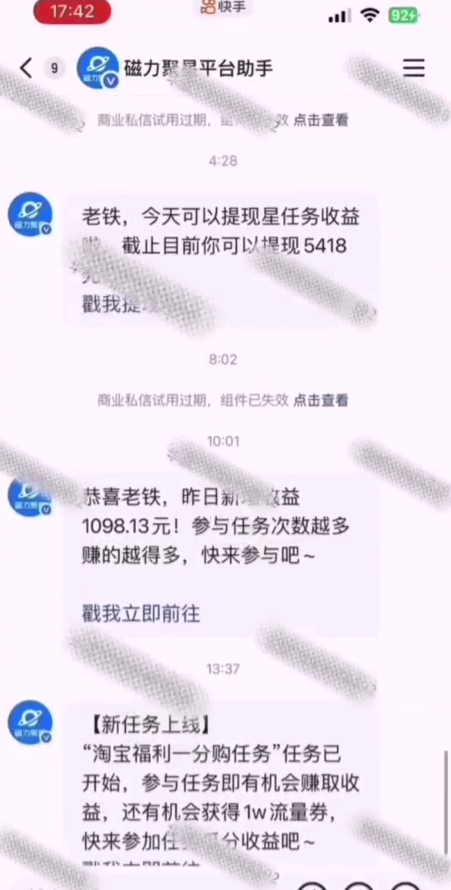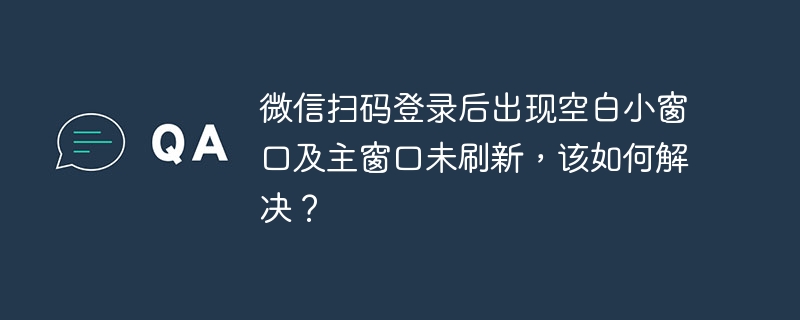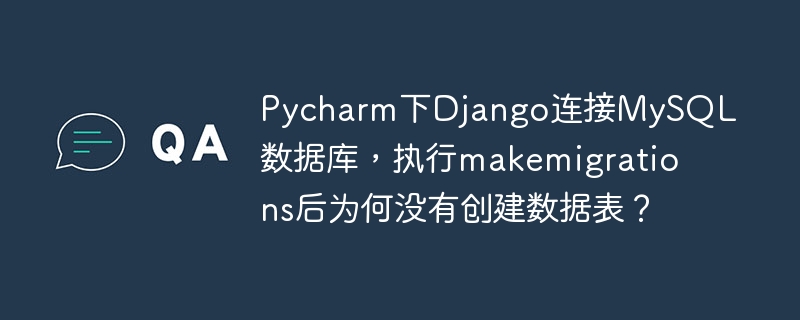
高效生成字符排列組合:避免重復(fù),排除全同
本文介紹如何根據(jù)給定的字符集和層數(shù),生成不重復(fù)的排列組合,并有效排除所有字符都相同的組合。 例如,字符集為’a’, ‘b’,生成不同層數(shù)的組合:一層為’a’、’b’;二層為’ab’、’ba’(排除’aa’、’bb’);三層則包含’aab’、’aba’、’abb’、’baa’、’bab’、’bba’等等。
我們將采用兩種算法策略:數(shù)位替換法和回溯法。
方法一:數(shù)位替換法 (更簡(jiǎn)潔)
此方法將排列組合視為m進(jìn)制數(shù)。以字符集’a’, ‘b’為例,’a’為0,’b’為1。二層組合:00(‘aa’),01(‘ab’),10(‘ba’),11(‘bb’)。遍歷所有m進(jìn)制數(shù),轉(zhuǎn)換為字符組合即可。為了排除全同組合,判斷生成的m進(jìn)制數(shù)是否能被(11…1)整除(1的個(gè)數(shù)等于層數(shù)m)。
python代碼示例:
def generate_combinations(charset, layers, allow_all_same=False): results = [] n = len(charset) all_ones = sum(n**i for i in range(layers)) for i in range(n**layers): if allow_all_same or i % all_ones != 0: #排除全同組合 combination = "" temp = i for _ in range(layers): combination = charset[temp % n] + combination temp //= n results.append(combination) return results print(generate_combinations('ab', 2)) # ['ab', 'ba'] print(generate_combinations('ab', 2, True)) # ['aa', 'ab', 'ba', 'bb'] print(generate_combinations('ab', 3)) # ['aab', 'aba', 'abb', 'baa', 'bab', 'bba'] print(generate_combinations('abc', 2)) # ['ab', 'ac', 'ba', 'bc', 'ca', 'cb']
方法二:回溯法 (更易理解)
回溯法是一種遞歸算法,嘗試所有組合。每步添加一個(gè)字符到當(dāng)前組合,遞歸生成更長(zhǎng)組合。通過(guò)標(biāo)志位判斷當(dāng)前組合是否全同字符,避免重復(fù)和全同組合。
Python代碼示例:
def generate_combinations_recursive(charset, layers, allow_all_same=False): results = [] current_combination = [''] * layers def backtrack(index, all_same): if index == layers: if not all_same: results.append("".join(current_combination)) return for char in charset: current_combination[index] = char backtrack(index + 1, all_same and char == current_combination[index - 1] if index > 0 else False) for char in charset: current_combination[0] = char backtrack(1, not allow_all_same) return results print(generate_combinations_recursive('AB', 2)) # ['AB', 'BA'] print(generate_combinations_recursive('AB', 2, True)) # ['AA', 'AB', 'BA', 'BB'] print(generate_combinations_recursive('AB', 3)) # ['AAB', 'ABA', 'ABB', 'BAA', 'BAB', 'BBA'] print(generate_combinations_recursive('ABC', 2)) # ['AB', 'AC', 'BA', 'BC', 'CA', 'CB']
兩種方法都能有效解決問題,選擇取決于具體需求和偏好。數(shù)位替換法更簡(jiǎn)潔,回溯法更易理解和擴(kuò)展。
? 版權(quán)聲明
文章版權(quán)歸作者所有,未經(jīng)允許請(qǐng)勿轉(zhuǎn)載。
THE END
.jpg)

















.png)
